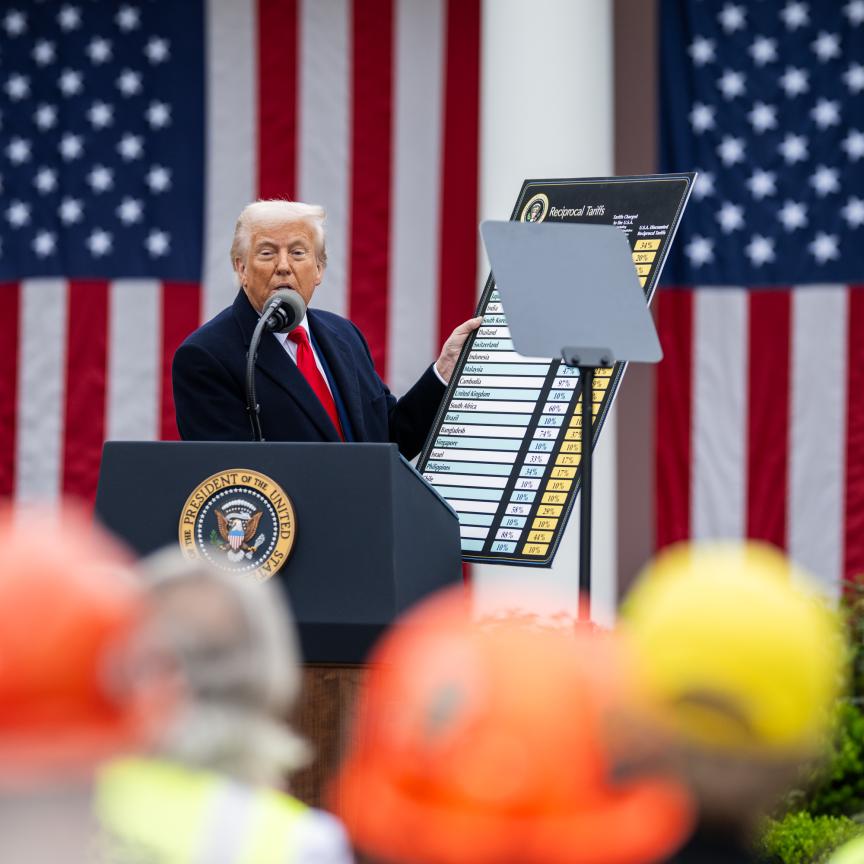Lasers can effectively cut, mill and drill carbon fibre reinforced plastics (CFRP) without compromising the material's integrity, an ongoing study by JK Lasers and Liverpool John Moores University has found.
Mechanical milling and drilling has been known to cause costly heat damage, chipping, delamination and tool wear because of the composition of CFRP and the high heat conductivity of carbon fibre.
‘CFRP can be used in a wide range of industries to create new products such as the lighter, more fuel efficient Boeing 787. The preliminary results of JK Lasers’ research in partnership with Liverpool John Moores University suggest that lasers are more than capable of rising to the challenge,’ Rugby-based JK Lasers worldwide technical key account manager, Mohammed Naeem said.
‘By revolutionising the quality of CFRP processing without compromising the material’s strength and stability, lasers will help drive down the costs associated with carbon composite manufacture in the years to come.’
For the study a 200W JK200FL fibre laser was used for trepanning and milling CFRP with a scanning head and cutting and drilling CFRP using more conventional process heads. The researchers found that compared to mechanical cutting and milling the JK200FL’s small spot size produced a much cleaner edge and had minimal thermal damage.
The research has also found that in composites of 1mm thickness or more the JK200FL laser could spiral drill holes and produce a cut with only a very slight burn-back, which was limited to the top layer of fibres only.

